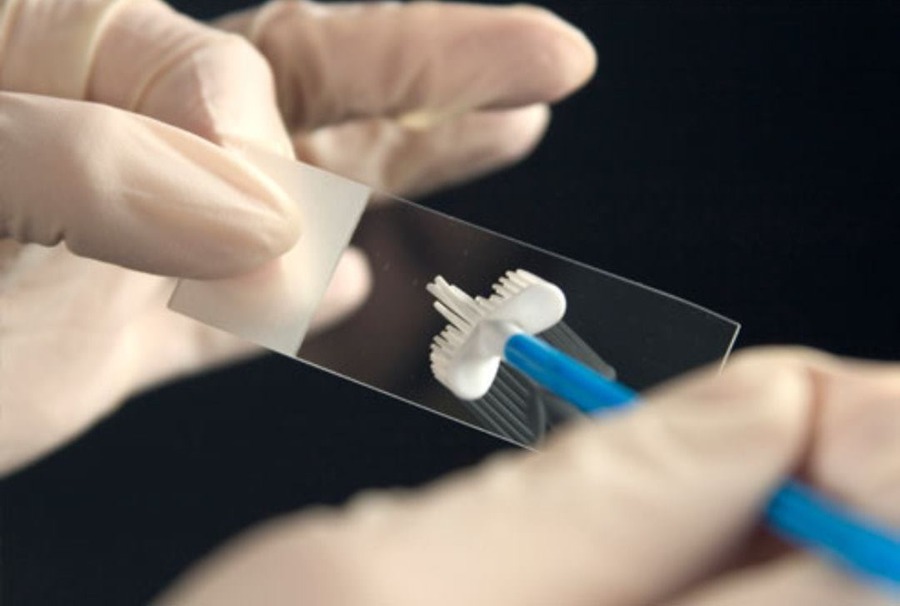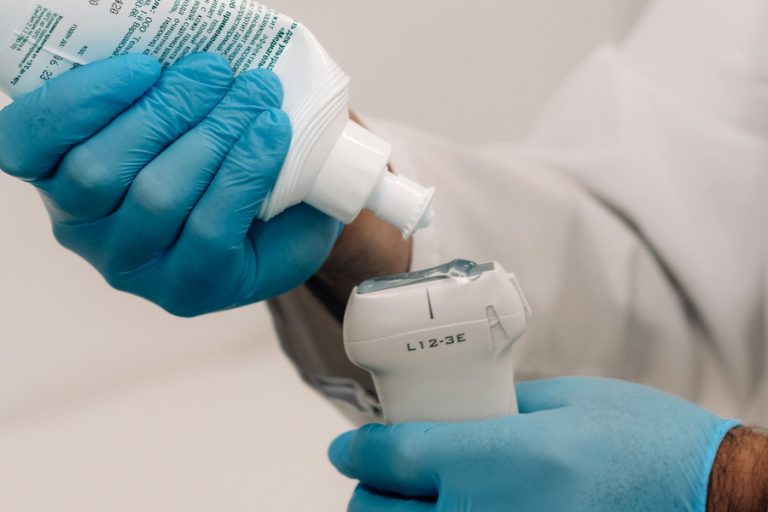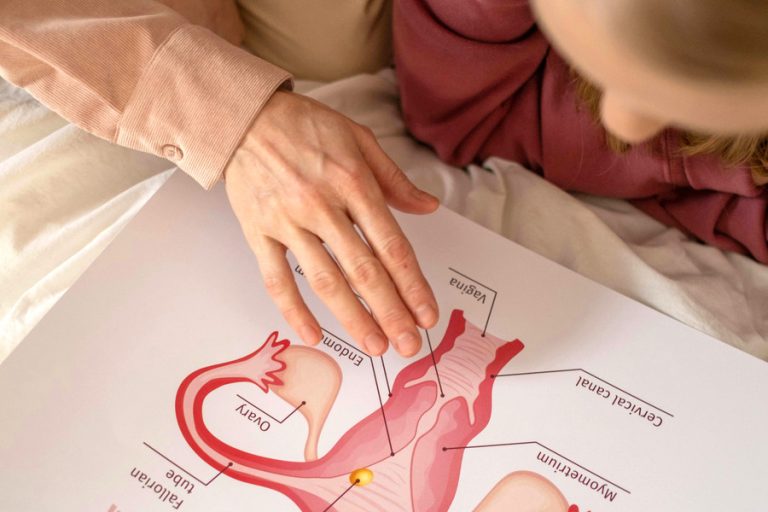The Importance of Regular Pap Smears and HPV Testing: A Guide to Cervical Cancer Screening
Cervical cancer is one of the most preventable types of cancer, yet it remains a significant health concern for women worldwide. Regular Pap smears and HPV testing play a crucial role in early detection and prevention. Understanding their importance can help you take control of your health and reduce the risk of developing cervical cancer.
What is a Pap Smear?
A Pap smear, also called a Pap test, is a screening procedure that checks for abnormal cells in the cervix, which could indicate precancerous changes or cervical cancer. During the test, a healthcare provider collects a small sample of cells from the cervix, which is then examined under a microscope to detect any abnormalities.
What is HPV and Why is Testing Important?
Human papillomavirus (HPV) is a common sexually transmitted infection that can cause cervical cancer. While many HPV infections resolve on their own, some high-risk strains can lead to cancerous cell changes over time. HPV testing detects the presence of high-risk HPV strains and helps assess the likelihood of developing cervical cancer.
Who Should Get Tested and How Often?
Women aged 21-29: A Pap smear is recommended every three years. HPV testing is not typically required unless the Pap smear results are abnormal.
Women aged 30-65: A Pap smear and HPV test (co-testing) are recommended every five years, or a Pap smear alone every three years.
Women over 65: Screening may be discontinued if previous test results have been consistently normal.
Women with a history of abnormal results or a weakened immune system: More frequent screenings may be necessary.
Benefits of Regular Screening
Early Detection – Identifies abnormal cells before they develop into cancer.
Higher Treatment Success Rates – Precancerous changes can often be treated successfully if caught early.
Peace of Mind – Regular testing ensures you are proactively monitoring your reproductive health.
Lower Mortality Rates – Cervical cancer is highly treatable when detected in its early stages.
How to Prepare for a Pap Smear or HPV Test
To ensure the most accurate results:
Avoid intercourse, douching, or using vaginal products 24-48 hours before the test.
Schedule the test when you are not on your period.
Relax and communicate any concerns with your healthcare provider.
Take Charge of Your Health
Regular Pap smears and HPV testing are essential steps in preventing cervical cancer. By staying informed and up to date with your screenings, you can protect your health and well-being. If you haven’t had a recent Pap smear or HPV test, schedule an appointment with your OB-GYN today.
Your Health Matters – Book Your Screening Today!
Early detection saves lives. Don’t wait—make your cervical health a priority by scheduling your screening with our clinic today!







